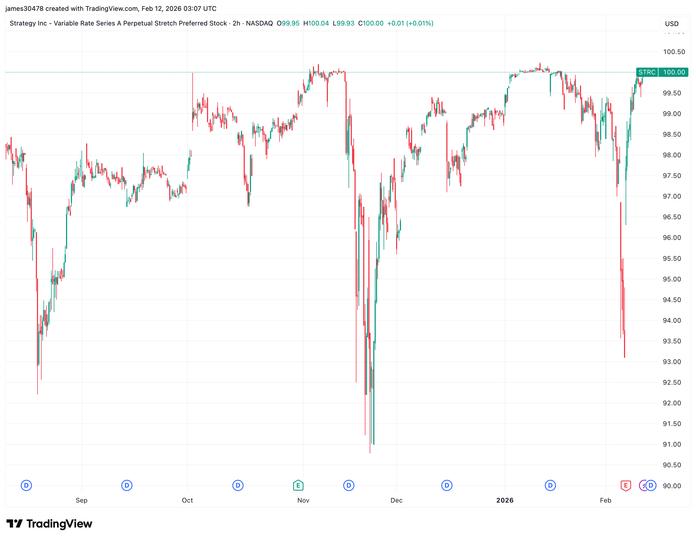Is Your Altcoin on Bybit’s April Cut List? Check Here Now
Share:

- Bybit conducts major April cleanup, delisting >20 spot pairs & 2 perpetuals
- Phased removals: KON group (Apr 10), ACA group (Apr 16), LIS group (Apr 18)
- Action Needed: Strict deadlines for deposits (Apr 9/15/17) & final withdrawals (July 9/15/17)
- Insight: Bybit’s decisive cleanup requires prompt user action on key deadlines
Major crypto exchange Bybit is undertaking a significant delisting sweep this April, removing over 20 spot trading pairs and two derivative contracts from its platform.
This move involves well-defined phases impacting numerous digital assets and requires user attention regarding key dates for deposits and withdrawals. The exchange is also removing affected tokens from its direct swap Convert feature.
What’s Being Delisted and When? The Spot Trading Schedule
Bybit detailed a three-stage removal for spot pairs. On April 10 at 8:00 a.m. UTC, the platform removed the KON/USDT, REN/USDT, and XYM/USDT trading pairs.
Heads up: The next deadline is April 16 for trading to cease in ACA, DICE, KARATE, MLK, RAIN, SEOR, and WLKN pairs.
However, the largest batch of removals will occur on April 18, when Bybit discontinues LIS, MBS, OBX, …
The post Is Your Altcoin on Bybit’s April Cut List? Check Here Now appeared first on Coin Edition.
Read More
Is Your Altcoin on Bybit’s April Cut List? Check Here Now
Share:

- Bybit conducts major April cleanup, delisting >20 spot pairs & 2 perpetuals
- Phased removals: KON group (Apr 10), ACA group (Apr 16), LIS group (Apr 18)
- Action Needed: Strict deadlines for deposits (Apr 9/15/17) & final withdrawals (July 9/15/17)
- Insight: Bybit’s decisive cleanup requires prompt user action on key deadlines
Major crypto exchange Bybit is undertaking a significant delisting sweep this April, removing over 20 spot trading pairs and two derivative contracts from its platform.
This move involves well-defined phases impacting numerous digital assets and requires user attention regarding key dates for deposits and withdrawals. The exchange is also removing affected tokens from its direct swap Convert feature.
What’s Being Delisted and When? The Spot Trading Schedule
Bybit detailed a three-stage removal for spot pairs. On April 10 at 8:00 a.m. UTC, the platform removed the KON/USDT, REN/USDT, and XYM/USDT trading pairs.
Heads up: The next deadline is April 16 for trading to cease in ACA, DICE, KARATE, MLK, RAIN, SEOR, and WLKN pairs.
However, the largest batch of removals will occur on April 18, when Bybit discontinues LIS, MBS, OBX, …
The post Is Your Altcoin on Bybit’s April Cut List? Check Here Now appeared first on Coin Edition.
Read More








